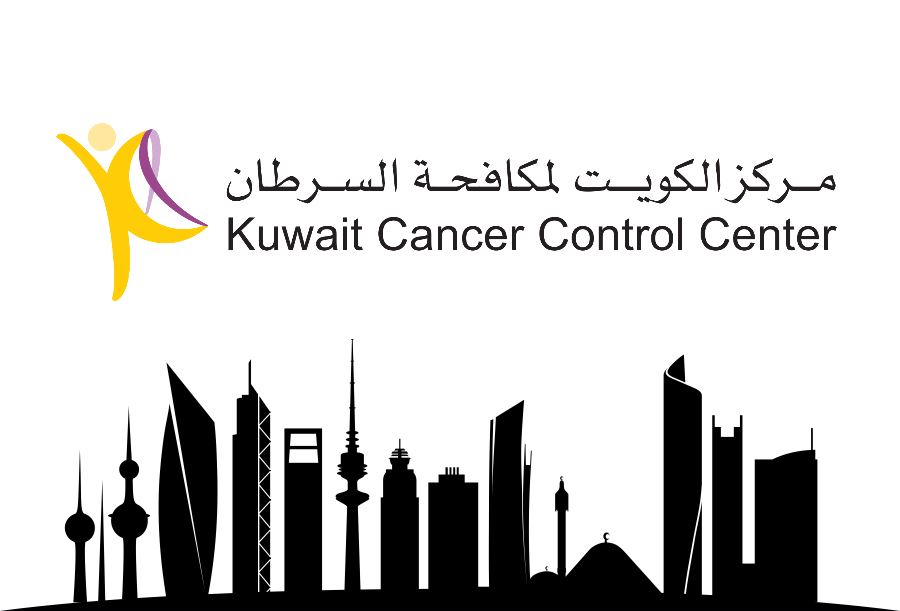Kuwait Cancer Control Center
Background
Founded in 1968, Kuwait Cancer Control Center (KCCC) is a comprehensive center dedicated entirely
to provide Cancer Care across the State of Kuwait. KCCC utilizes all available resources to serve
cancer patients with a wide number of competent medical staff and several available treatment
modalities. KCCC is a governmental center affiliated to the Kuwait ministry of health.
The center is primarily made up of:
- Hussain Makki Al-Juma building for Specialized Surgery
- Sheikha Badriya Al-Sabah Medical Oncology Building
- Faisal Sultan Ibn Issa Diagnostic Imaging building
- and Bahbahani building for hematology and stem cell transplantation.
Three areas of cancer treatment are represented:
- The surgical oncology team
- The medical oncology team
- and the radiation oncology team
With over 600 highly qualified medical oncology staff, KCCC is a 200 bed hospital complex
located in Shuwaikh. KCCC treats over 2000 new cancer patients each year from Kuwait and the
region.
Business Needs & Challenges
Like most public healthcare services, Nuclear Medicine Department at Al-Kuwait Cancer Control Center is usually
overbooked. In order to facilitate the flood of patients that require radiology-related
diagnostics, the hospital opted to register patients for appointments. At the time of an
appointment, patients would be served based on who's appointment is the earliest. This helped
manage the expectations of the patients and improved the overall productivity of radiology staff.
Yet again, many patients would either arrive late, or completely forget about their appointment.
Despite every effort to commit to the appointments schedule, some patients would tend to forget
their appointment, especially if the timespan between booking and the actual appointment is
longer than a week. The hospital needed a cost-effective way to remind its patients about their
appointments early enough to help reduce this issue.
Characteristics of a viable solution
A viable solution should have the following capabilities:
- Deliver notifications via the very popular Short Message Service (SMS) to patients' mobiles.
- Automate the process of sending reminders. No manual labor should be needed.
- Allow changing the message template to suit the needs of the hospital.
- Provide ways to define one or more schedules for the delivery of messages.
